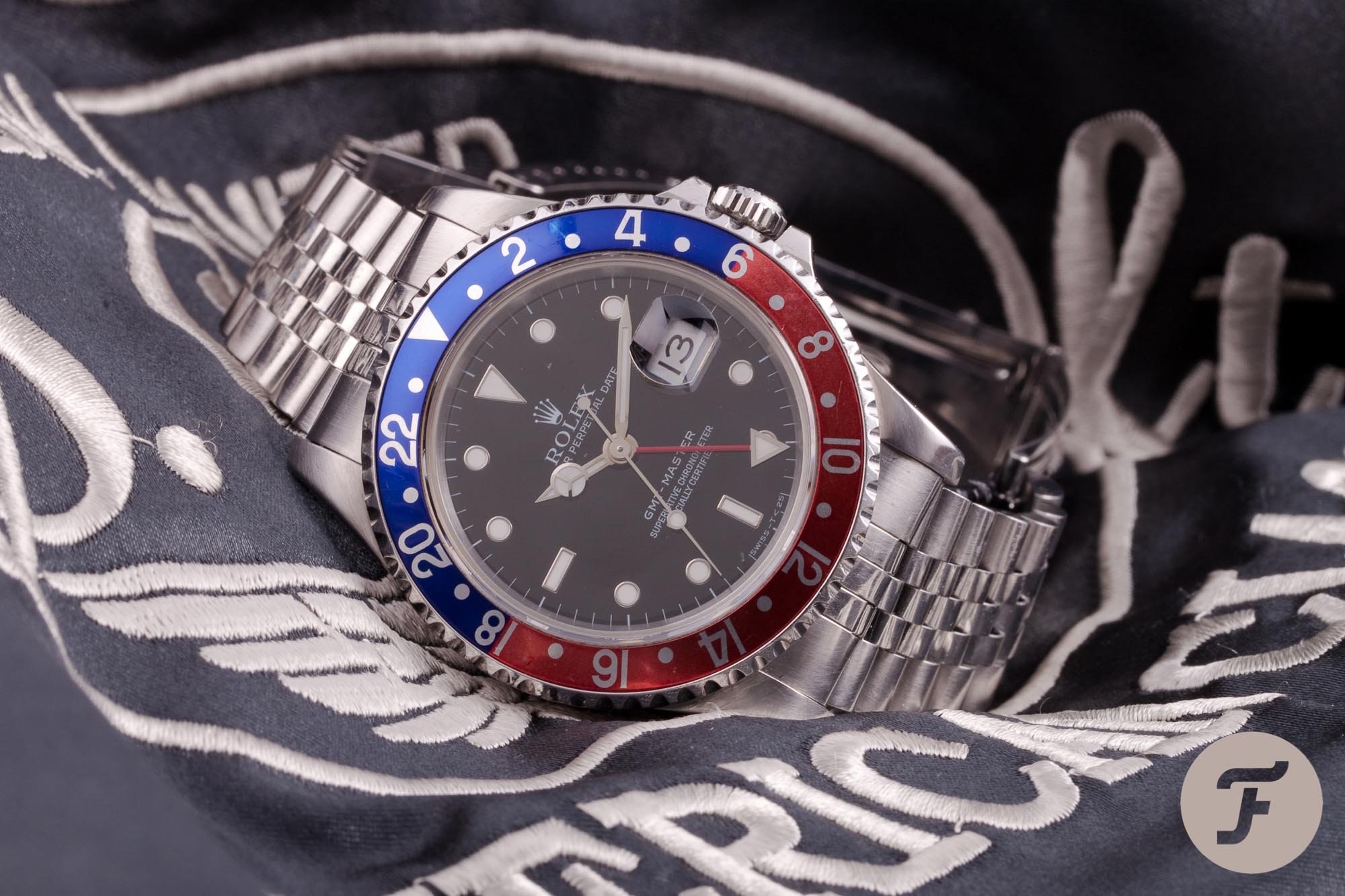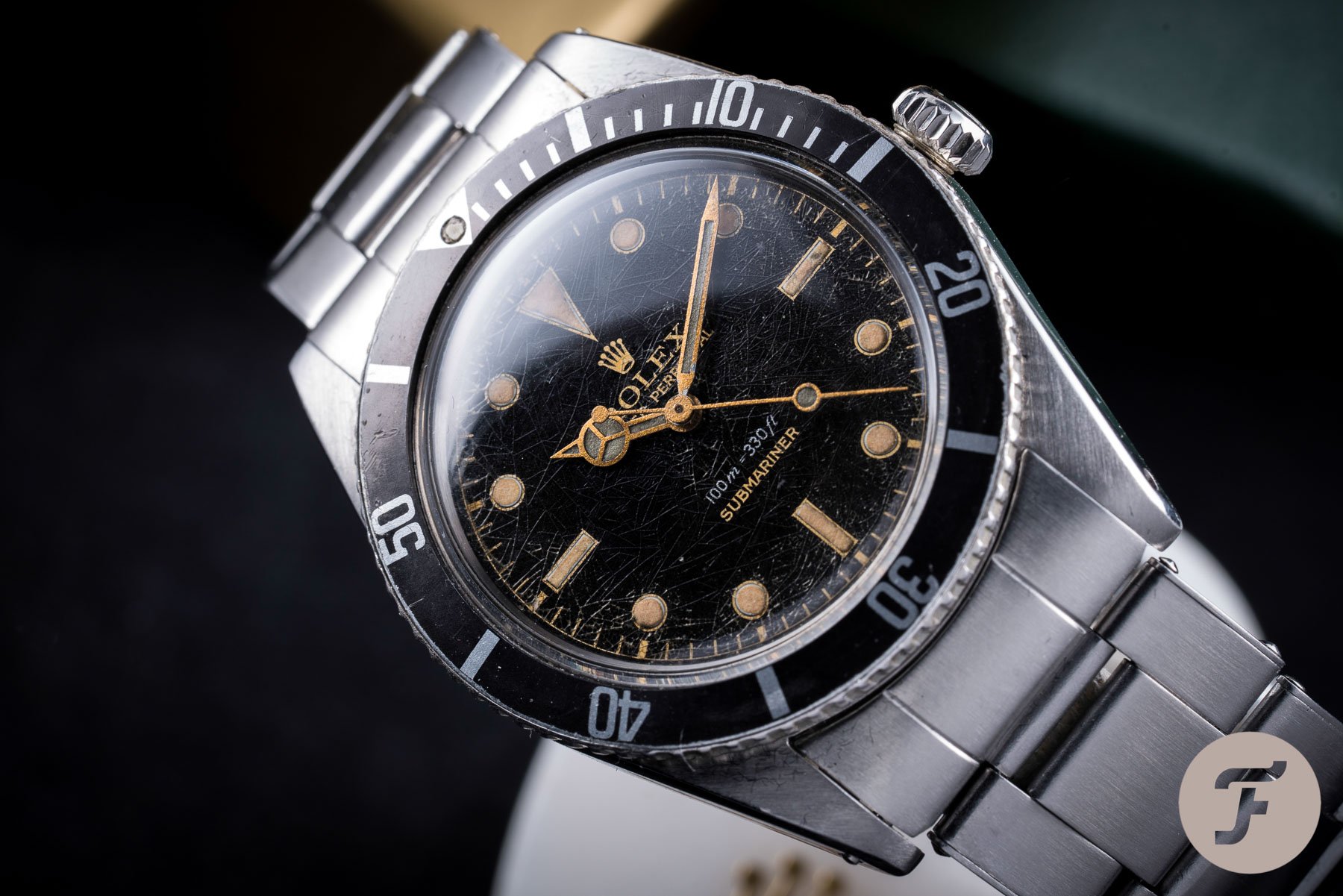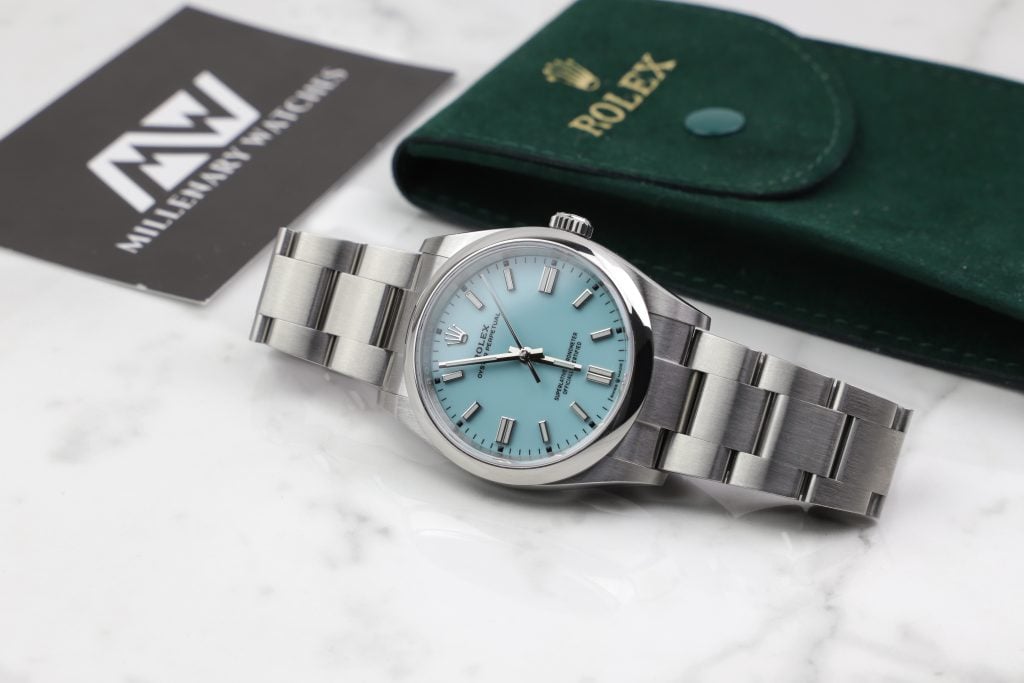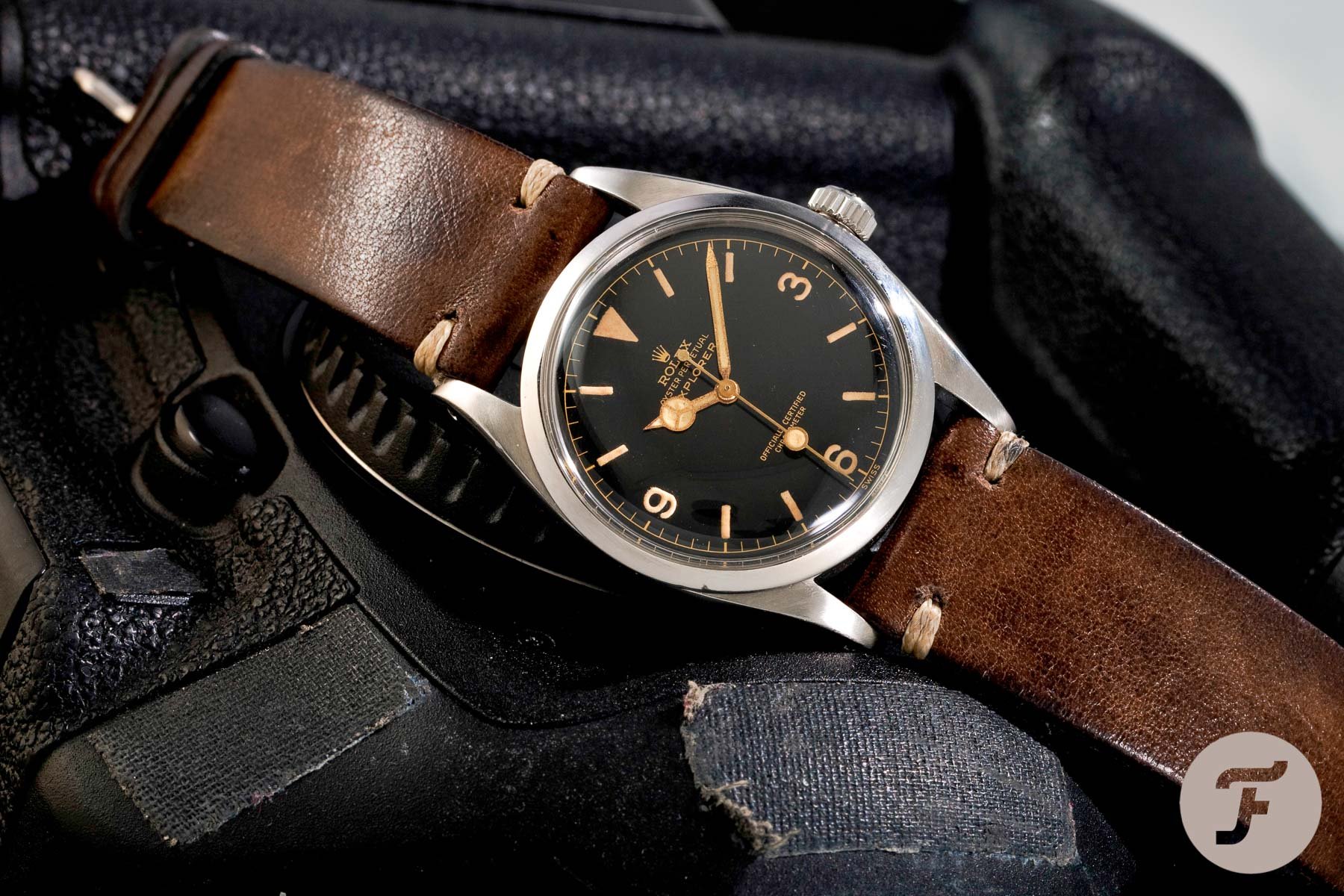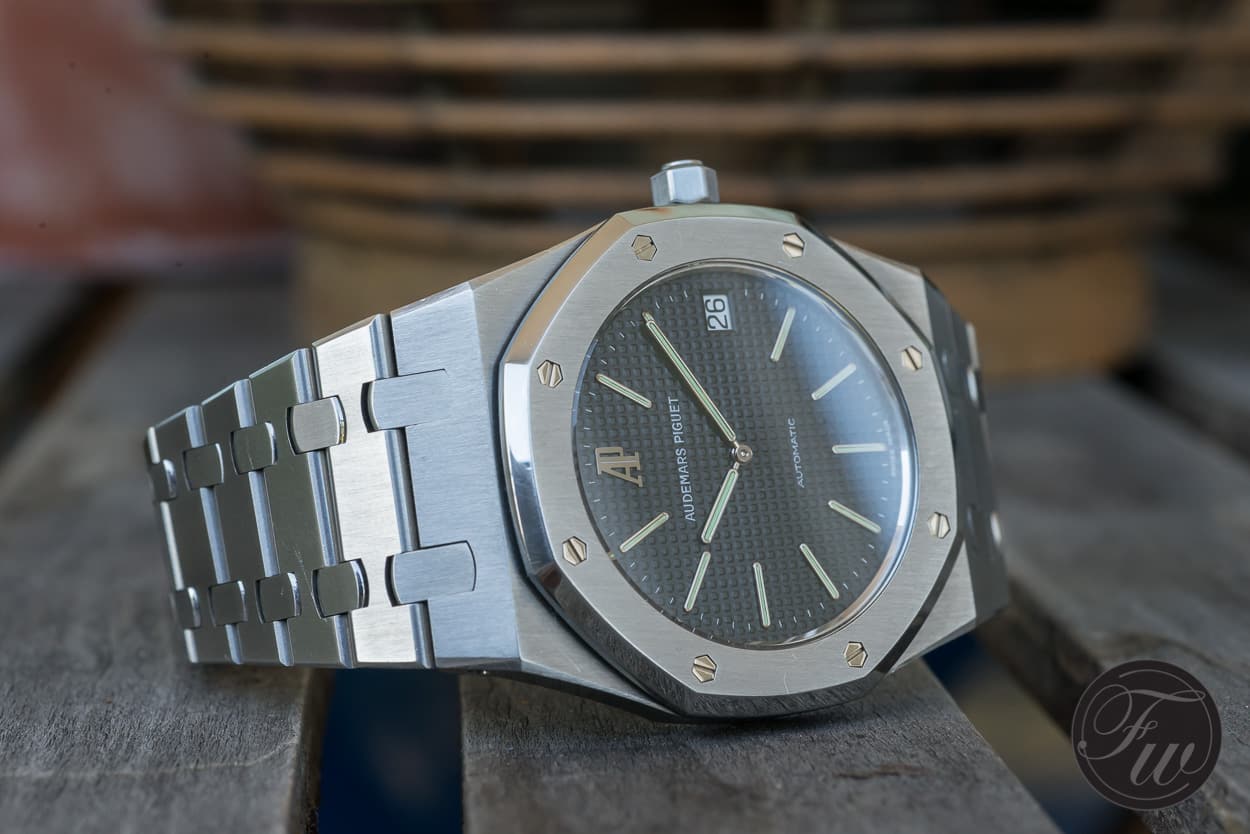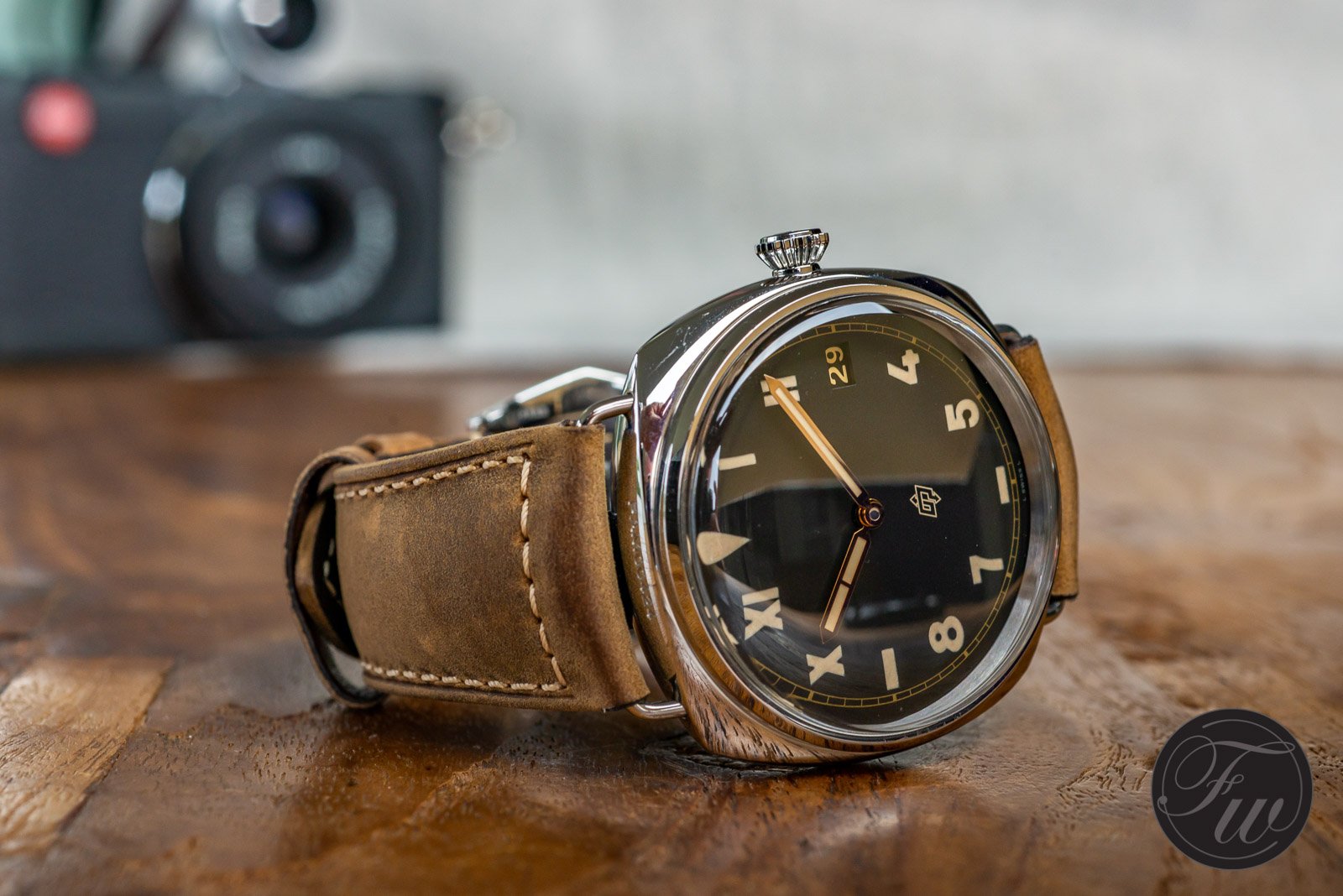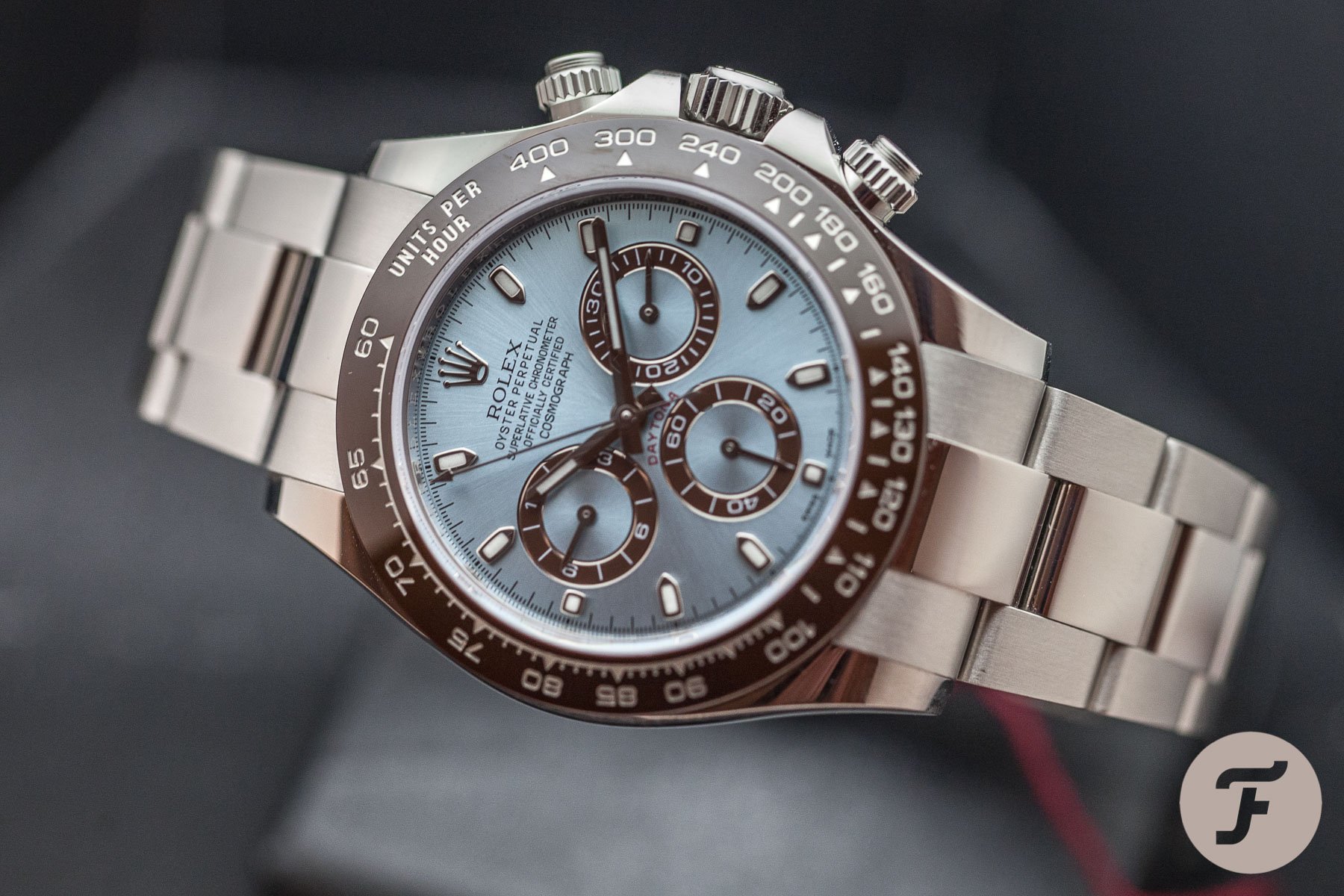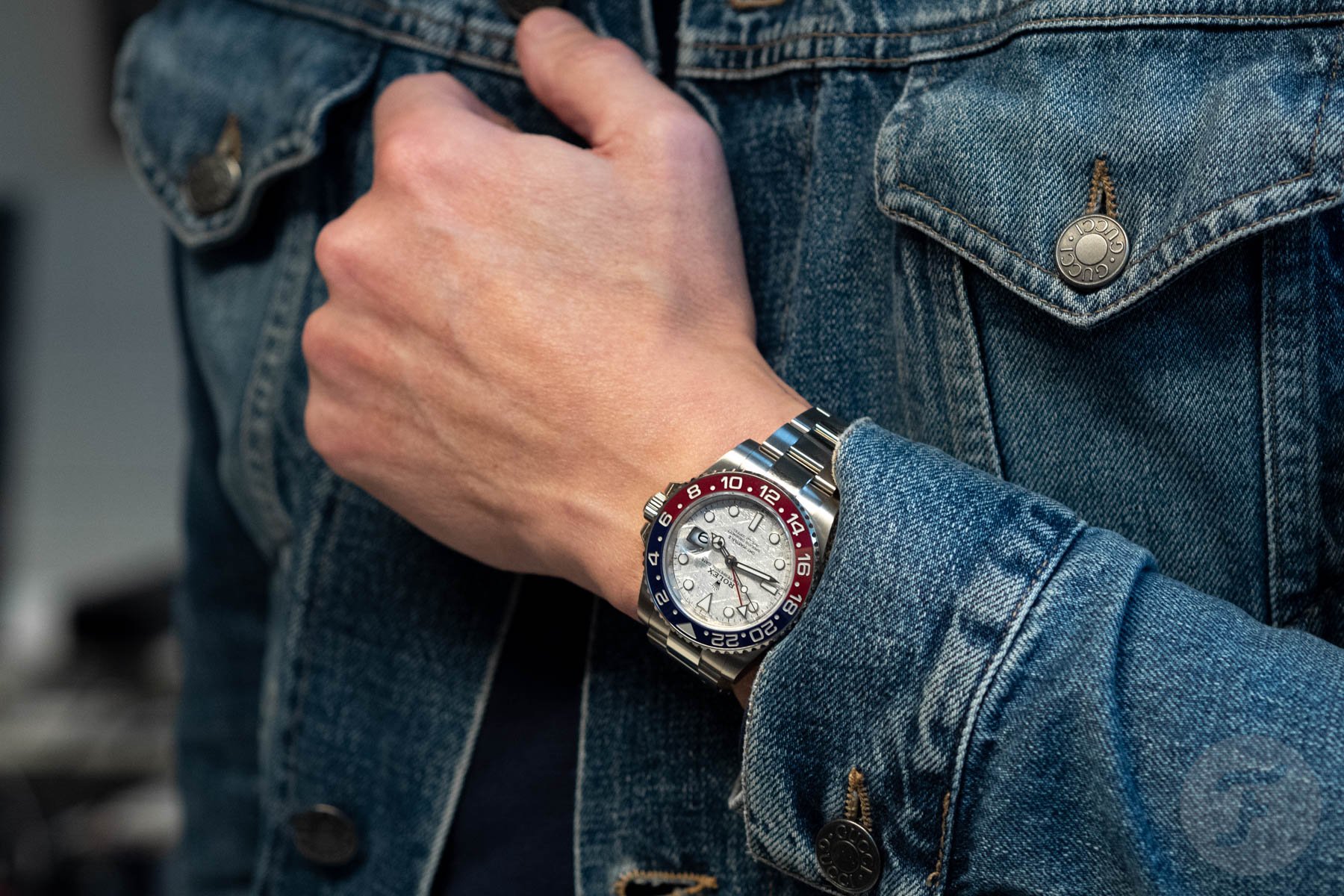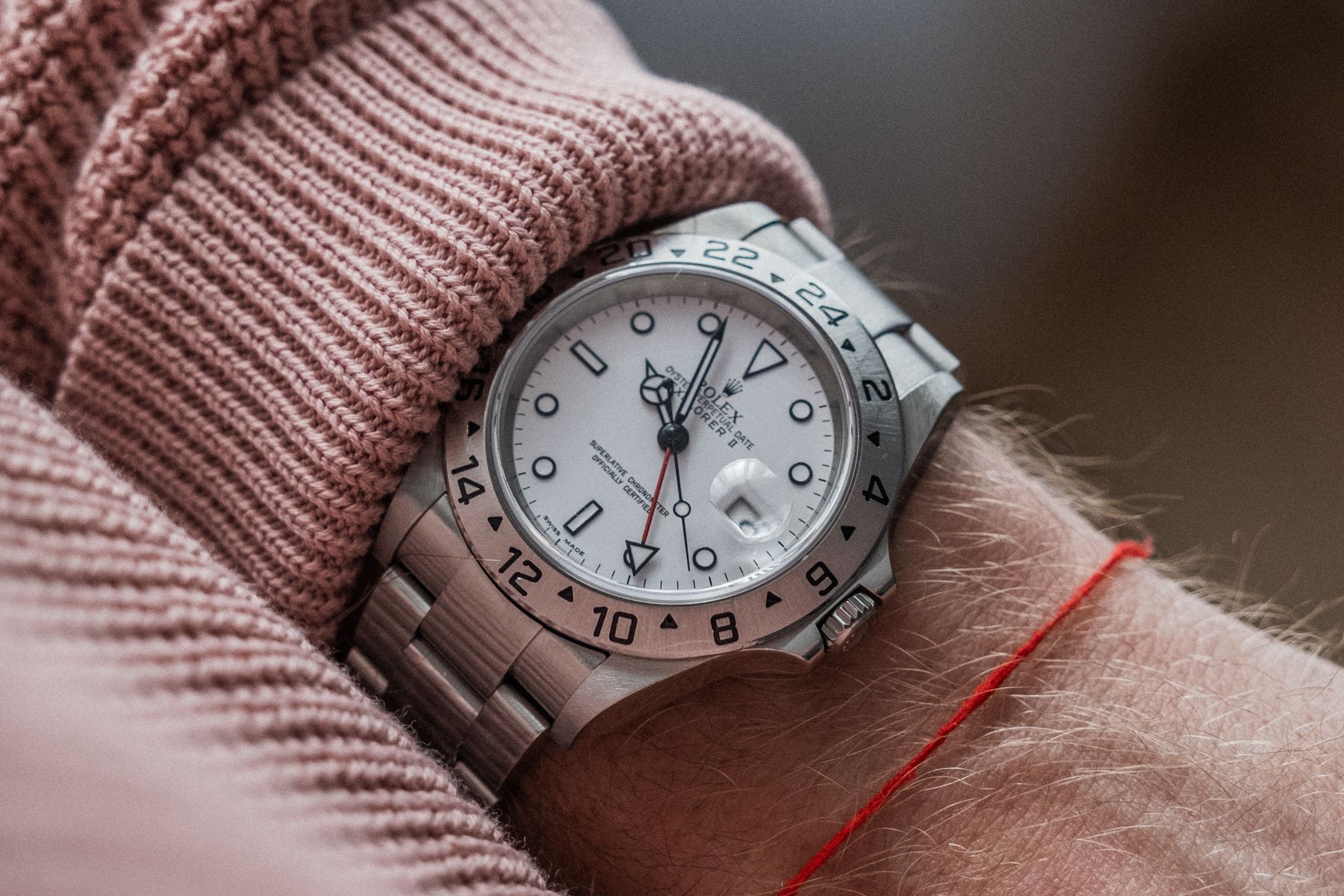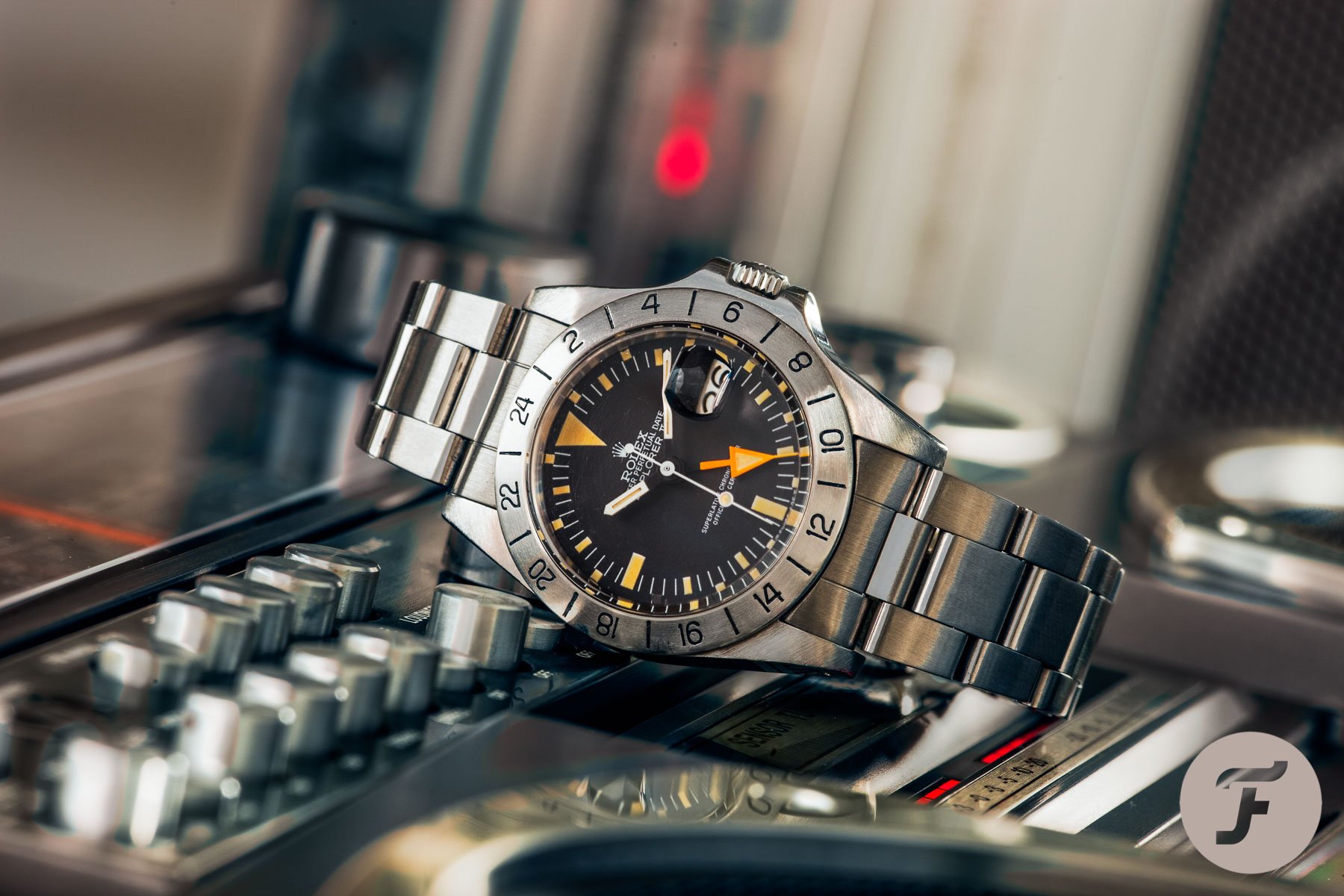Cold Blooded Desire: Why Your “Lizard Brain” Has You Lusting After Rolex Watches
To understand why it seems that everybody on Earth wants a Rolex, I decided to try and look at it from the inside. Not by trying to see things “The Rolex Way”, but from within the brain of the consumer. That’s right, I will dive into the brain to try and figure out why your “Lizard Brain” has you lusting after Rolex watches. I’m not a brain surgeon, nor am I a neurologist, but after plenty of “research” and putting one and one together, I think the key to explaining the ever-growing Rolex urge can be found hidden inside the mirror neurons. Open your mind, and bear with me.
You’ve heard of the so-called “Lizard Brain”, haven’t you? The “Lizard Brain” is the popular term used for the limbic system inside our brains. While this system is just one part of the human brain, and it’s about all a lizard has for brain function. The limbic system basically keeps you alive. It’s the part of our brain that is in charge of fight, flight, feeding, fear, freezing up, and fornication.
… the limbic system, or “Lizard Brain”, is much more powerful than we humans give it credit for.
That’s about all a lizard needs, but it’s quite primitive for modern humans living in a complex society. Still, the limbic system, or “Lizard Brain”, is much more powerful than we humans give it credit for. In fact, it’s often used to make a case against monogamy or justify cheating. Anyway, a brain surgeon can find the limbic system on both sides of the thalamus, a large mass of gray matter located in the dorsal part of the diencephalon.
Why your “Lizard Brain” has you lusting after Rolex watches — It’s all just very emotional
Apart from the vital “six Fs” controlled by the limbic system, this part of the brain also aids the formation of memories, and it largely houses motivational processes and emotional life. And the luxury wristwatch is an emotional product. Buying and collecting luxury watches is driven by fascination, desire, status, vanity, and so on. The driving force post-Quartz Crisis is almost never functional practicality anymore. And that’s okay. Having an emotional bond with your watch can enrich your life in all kinds of ways — meeting kindred spirits, discovering new aesthetics, learning the workings of complicated micromechanical constructions, and so on. But emotions like desire, envy, and insecurity also come into play when luxury watches are involved. These emotions can have a more negative effect, especially when they are very hard to control. And the mirror neurons in our brain also play an important part.
Firing mirror neurons
It’s mirror neuron activity in the right posterior inferior frontal gyrus that makes us mimic others. When the person you’re having a conversation with sits with their arms crossed, you will almost certainly adopt the same pose. You can’t help it; it’s the mirror neurons firing in your subconscious.
… what happens when you go online, read Fratello, and after that scroll through endless pics of Rolex watches on Instagram?
But scientific research into the mirror neuron system reveals that the neurons do more than make you mimic the observed action. The mirror neurons also code the intention behind the action. So what happens when you go online, read Fratello, and after that scroll through endless pics of Rolex watches on Instagram? Your mirror neurons fire. It needs to be stated that the function of the mirror system in humans is a subject of much speculation. But speculating is fun to do when it comes to watches, agreed?
People just can’t help themselves
The idea that the brain is a logical computer could well be outdated. Mirror neurons help us understand others not by thinking, but by feeling. But we don’t just simulate the behavior of others, we also mirror the intentions and emotions behind their actions. So, for example, when you see someone smiling, the specific mirror neurons for smiling discharge. And as a result, you not only start smiling too, but you also feel the smiling sensation in your own mind. Translate this to the world of watches.
When you see people get overly excited over the “Tiffany” Oyster Perpetual, your brain will get you overly excited too. People ready to pay €36K for a watch that doesn’t even really exist if you ask me can’t help themselves. It’s their brains messing with them. They’ve just been overexposed to the watch, and now their firing mirror neurons have a hold on them.
Don’t forget, you’re the average of five persons
Just when you thought it was just the mirror neurons, another theory comes along to keep the spark going inside the brain. “You are the average of the five people you spend the most time with,” motivational speaker Jim Rohn claims. And many psychologists think he’s got a valid point. The people we surround ourselves with have an enormous impact on the way we behave and live our lives. The people around you help to shape your thinking, have you say the things you’re saying, do the things you’re doing, and help you plot your life’s course. If that’s the case, it only seems logical that the people around you also make you buy the watches you’re buying. Peer pressure doesn’t just make you drink one beer too many at the neighborhood barbecue; it also applies to what you decide to wear on your wrist.
The feeding frenzy comparison
Peer pressure, the people we surround ourselves with, and the discharging mirror neutrons in our brains seem to be a good explanation for why we wear the watches we encounter most. These factors might also help us explain and understand the ongoing auction absurdities, where watch buyers resemble a school of sharks in a feeding frenzy.
… We are destined to desire and buy Rolex watches
You would think all of the above leads to an inescapable truth: if we are our brain, and our brain does what it does, we, the carriers of our brain, are lost and powerless. Those of us with a soft spot for horology are destined to desire and buy Rolex watches — and to a lesser extent, the Patek Philippe Nautilus, the Audemars Piguet Royal Oak, and even Richard Mille watches — because it is our fate. But, what if we could fight our brains?
A ceasefire in the brain
When I was in the process of buying a house in Amsterdam in the early 2000s, it seemed that every real estate agent in the city was wearing some sort of large Panerai. A clear case of peer pressure and/or the firing of mirror neurons if you ask me. But these guys couldn’t help themselves. Or could they? Yes, they could have, and you and I can also fight the influence of others on our decisions, calling a ceasefire in our own brains. It all starts with paying attention to how you really feel about the watch you (think) you are lusting over. In other words, you must know and trust yourself. It also helps to keep a distance from people who pressure you.
It might also help to connect with people who don’t feel the pressure to buy that Daytona, Nautilus, or Royal Oak. People who made their own choice and bought a watch they really liked for themselves, not for reasons outside themselves. There are plenty of these people in the Fratello community, and I’m sure they don’t mind helping out a fellow watch brother or sister in need of support and guidance.
Why your “Lizard Brain” has you lusting after Rolex watches — But what about my brain?
It’s easy to point fingers at other people’s brains, but it’s only fair if I also have a look at my own. Time for some introspection and to share my findings with you. In the late 1990s, I desired a Rolex. An Explorer II 16570, to be precise — the one Nacho considers his grail watch. I liked the looks of it, thought highly of the brand, and had never owned a Rolex before. I preferred the Explorer II over the GMT-Master II or the Submariner because of its crisp white dial.
But I didn’t buy the Explorer II because the people around me all wore Rolex watches. Obviously, I didn’t buy it because of Instagram either. But I’m sure I bought it partly because of years and years of Rolex advertising in magazines. Yes, the message had gotten through the old-fashioned way. And if I’m brutally honest, I also got a Rolex because it was easily recognizable as one. A Rolex has never and will never be an introvert’s watch of choice.
Stumbling upon something unexpected
But what I didn’t expect to happen, happened. The Explorer II didn’t grow on me as I thought it would. The dial was too white and bland, for one. It just wasn’t “my” watch. And so I sold it — for a fair price, not with the big bonus I would bag today — and that was all there was to it. As I searched my “Lizard Brain” for traces of Rolex lust while writing this article, I could only find respect for the brand, but no clear and present desire to own a modern Rolex.
I sure hope the “Freccione” is not going to hit me like Cupid’s arrow …
I did however stumble upon the seeds of something that could grow to something bigger. Something that possibly could become uncontrollable over time? I fear so. It’s a slumbering fascination for the Explorer II Reference 1655. I hope the “Freccione” is not going to hit me like Cupid’s arrow and have me lusting uncontrollably over this newfound vintage love. But I sure won’t underestimate the powers of my “Lizard Brain”. My primitive mind could well have me fight, flight, feed, fear, freeze up, and “Freccione”.
Please find and follow me at Lex Stolk • Instagram

